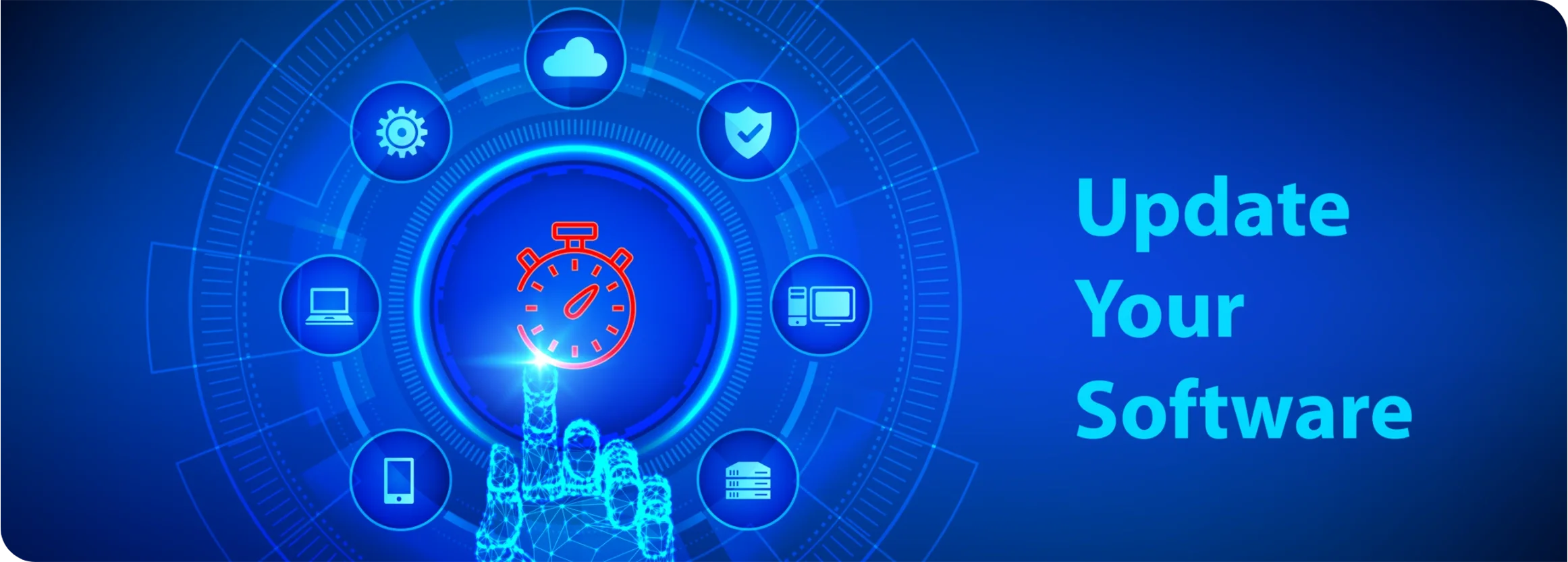An ERP system unifies several disparate systems with the swiss-knife like functionality. It covers a broad range of operations, from progress on enterprise development to payroll management. It allows your staff to access all the tools they need in one centralized system. A unified solution is always preferred by your teams over multiple devices with loosely bound integration.
But how does an ERP work? What role does development play in upgrading your ERP software to the current versions? Why is it essential to develop add-ons for your ERP? And why is it vital for your team to keep your add-ons ERP compliant? Read this blog to know that and beyond.
Why do we need to extend the functionality of an ERP?
An ERP is a business management solution with standard features and a range of elementary functions. However, every business has unique operations and processes that an off-the-shelf ERP cannot offer. Overcoming the limitations of ERP is possible through developing add-ons. An add-on is a feature that is built on top of existing functionality. Some reasons why you should consider add-ons:
- Module development: Customization is not just about extending features and capabilities but also about being able to isolate features depending on who’s using the ERP interface. For example, providing development teams with HR features would only make their interface more cluttered and confuse them. The isolation also makes it easier to control data flows and makes systems more organized and secure.
- Operational ease: Developing an ERP means exclusively designing products for your customers or internal teams. It’s easy to address product gaps and fix bugs when you understand where the problems arise. When an expert guides your development processes, you can create what you want quickly. Having one solution for every team to converge into helps make things easier for the decision-makers. With agile product development, you can respond quickly to feedback, fix bugs rapidly, and deliver exactly what your internal teams or customers need.
- Flexibility: When you take an ERP solution from the market, you’ll need to adapt and adjust to make things work. Even with various offerings to choose from, the gaps in expectations and reality will persist. Tailored software is the way forward, as it’ll be a one-time investment that pays off in the right direction.
What happens in a product update?
A product update is down to an update on every level of the add-on, from keeping up with ERP updates to an OS update that fundamentally changes the data funnel. The base tech of an ERP is updated to keep up with the changing technology, adding new features to the base and removing low-priority and out-of-date features. Any fixes that apply to the ERP will directly impact a feature add-on that you’ve built on top of it, so the team involved in the product update will need a thorough understanding of the .NET infrastructure. Having a strong product update strategy ensures that all components—from base ERP systems to integrated add-ons—evolve in sync and remain stable during changes.
Every add-on is created to serve a unique business purpose, with customization applicable to that business. Add-ons bridge the gap between the requirement and the available ERP without the firm undergoing a complete overhaul. They play a crucial role in enabling continuous product improvement by tailoring ERP features to evolving business needs without a complete overhaul.
An up-to-date ERP add-on is a primary yet prominent step to make your operations safer and maintain tech compliance against cyber threats. Especially when the updates are from the OS, security patches can sometimes mean that the data funnel you’ve built for the ERP needs to be remapped along with database reconfiguration. These updates can be triggered by policy changes as well. Such product updates need specific focus as the payroll, operational costs of businesses and trade flows are all connected within the ERP system they adopt.
Why do add-ons need to comply with the ERP update as soon as possible?
An update can cause many ripple effects throughout the funnel from a management perspective; the add-on needs a corresponding update to comply with the new version of the ERP. Often, the time given to comply is within two weeks; this halts the development team’s ideas and pushes the priorities into overdrive. Fast product iteration becomes critical when updates are pushed with short notice, requiring teams to realign and redeploy quickly to maintain functionality.
A simple change in the ERP system can directly impact the functionality of the add-on you’ve integrated into it. When compliance is neglected, a snowball effect occurs. Once a series of events continues on the old model without updating the software, your system collapses, and you risk legal actions in extreme cases. For example, in an HRMS update, payroll is affected, and the way your entire workforce gets their salary changes. A fast update on the add-on front must patch the requirement before it spirals out of control.
How does CI Global help your team get there?
Figure better ways out of a tricky situation—CI Global steps in whenever you need the guidance that makes things come alive. Our approach is rooted in agile product development, enabling businesses to stay adaptive and innovate at speed, even under tight compliance timelines. With over 25 years of experience in ERP product engineering across various industries, we bring the best solutions to your table. With experiences from compliance to tax updates across multiple industries. CI works around international time zones with a can-do-will-do attitude.
Are you convinced yet? Click here to get in touch.
